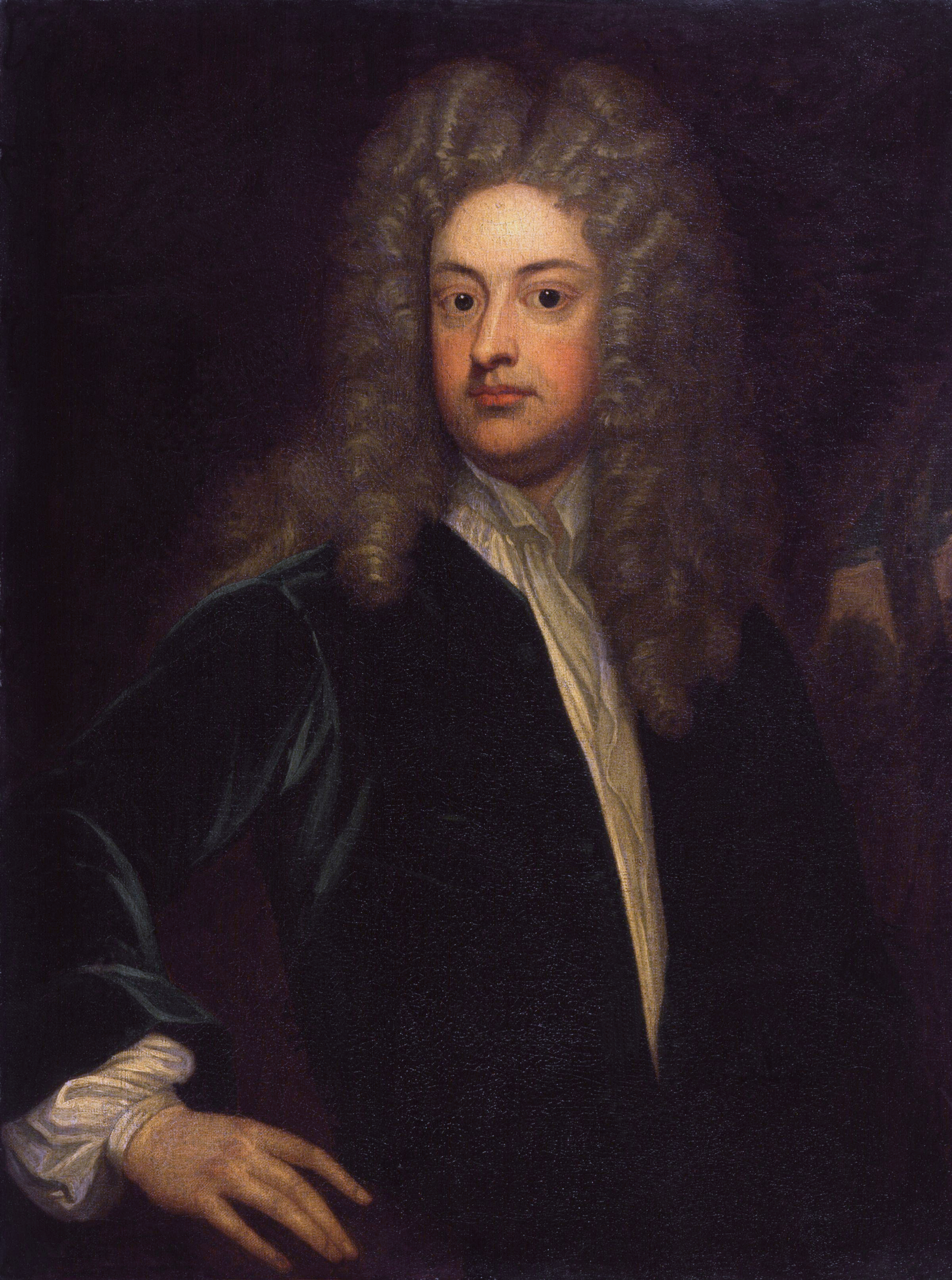Joseph Addison Frases famosas
Everything that is new or uncommon raises a pleasure in the imagination, because it fills the soul with an agreeable surprise, gratifies its curiosity, and gives it an idea of which it was not before possessed.
"The Spectator" (1711-1714); No. 412 (23 de junho de 1712)
“A leitura é para o intelecto o que o exercício é para o corpo.”
Reading is to the mind, what exercise is to the body.
"The Tatler", n. 147; ; The Works of the Right Honourable Joseph Addison - Volume 2, página 284 https://books.google.com.br/books?id=o2xUAAAAYAAJ&pg=PA284, Joseph Addison - J. Tonson, 1721
Variante: A leitura é para a inteligência o que é o exercício para o corpo.
Citações de homens de Joseph Addison
“A natureza delicia-se na comida mais simples. Todos os animais, exceto o homem, comem um só prato.”
Nature delights in the most plain and simple diet. Every animal but man keeps to one dish.
The Spectator, with illustrative notes: to which are prefixed, the lives of authors : comprehending, Addison, Steele, Parnell, Hughes, Buegel, Eusden, Tickell, and Pope : with critical remarks about their writings, Volume 3, Página 343 http://books.google.com.br/books?id=drsRAAAAYAAJ&pg=PA343, Joseph Addison, Sir Richard Steele - Printed for H.D. Symonds, T. Hurst, J. Walker, J. Scatcherd, A. and J. Black and H. Parry, Vernor and Hood, R. Lea, E. Lloyd, Otridge and Son, J Cuthell, Jordan Hookham, W. Miller, S. Bagster, R. Ryan, and R.H. Westley, 1794
Citações de vida de Joseph Addison
Joseph Addison frases e citações
“A educação é para a alma o que a escultura é para um bloco de mármore.”
What sculpture is to a block of marble, education is to the human soul.
"The Spectator (1711-1714)"; No. 215 (6 de novembro de 1711)
“As cores falam todas as línguas.”
Colors speak all languages.
"The Spectator", n. 416, 27 de junho de 1712; "The Works of Joseph Addison: Complete in Three Volumes : Embracing the Whole of the "Spectator," "&c; Por Joseph Addison; Publicado por Harper & Brothers, 1837 books.google http://books.google.com/books?id=vKQ3AAAAIAAJ&pg=PA145&dq=Colors+speak+all+languages.+Joseph+Addison
“Felicidade é alguém para amar, algo para fazer e algo para aspirar.”
citado em "Frases Geniais" - Página 13, de PAULO BUCHSBAUM - Editora Ediouro Publicações, ISBN 8500015330, 9788500015335
Variante: A amizade desenvolve a felicidade e reduz o sofrimento, duplicando a nossa alegria e dividindo a nossa dor.
Joseph Addison: Frases em inglês
No. 256 (24 December 1711)
Often only the first half of this statement is quoted
The Spectator (1711–1714)
“From hence, let fierce contending nations know,
What dire effects from civil discord flow.”
Act V, scene iv.
Cato, A Tragedy (1713)
No. 256 (24 December 1711)
The Spectator (1711–1714)
No. 47 (24 April 1711).
The Spectator (1711–1714)
No. 412 (23 June 1712).
The Spectator (1711–1714)
“Modesty is not only an ornament, but also a guard to virtue.”
No. 231 (24 November 1711).
The Spectator (1711–1714)
No. 162 (5 September 1711).
The Spectator (1711–1714)
“Much might be said on both sides.”
No. 122 (20 July 1711).
The Spectator (1711–1714)
Variante: Much may be said on both sides.
No. 94 (18 June 1711).
The Spectator (1711–1714)
No. 224.
The Tatler (1711–1714)
No. 494 (26 September 1712).
The Spectator (1711–1714)
“Beauty soon grows familiar to the lover,
Fades in his eye, and palls upon the sense.”
Act I, scene iv.
Cato, A Tragedy (1713)
Cato, A Tragedy (1713)
Variante: "When love once pleads admission to our hearts..."
Act IV, scene i. The last line has often been misreported as "He who hesitates is lost", a sentiment inspired by it but not penned by Addison. See Paul F. Boller, Jr., and John George, They Never Said It: A Book of Fake Quotes, Misquotes, & Misleading Attributions (1989), p. 3.
“There is nothing which we receive with so much reluctance as advice.”
No. 512 (17 October 1712).
The Spectator (1711–1714)
“Curse on his virtues! they've undone his country.”
Act IV, scene iv.
Cato, A Tragedy (1713)
No. 243 (8 December 1711).
The Spectator (1711–1714)
“Mutability of temper and inconsistency with ourselves is the greatest weakness of human nature.”
No. 162 (5 September 1711).
The Spectator (1711–1714)
Spectator, No. 444.
Bartlett's Familiar Quotations, 10th ed. (1919)
